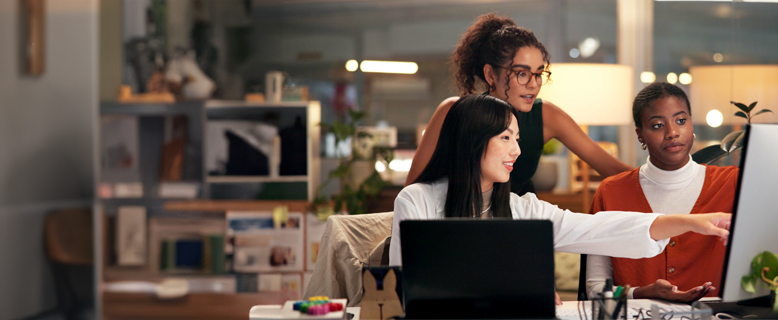

How
to
get
work
experience
Get work experience at any age to learn about a job role, company or sector.
You can do work experience at any age or point in your career.
It can help you to decide what to do next if you’re:
- not in work
- changing career
- looking for your first job
- returning to work after a break
How work experience can help you
Work experience is a chance for you to:
- try out career ideas and rule out options
- find out more about your strengths, values, motivations and interests
- develop your soft skills, such as teamwork and problem solving
- meet new people and build your network of contacts
- challenge yourself to overcome a difficulty, for example communicating with others
- identify any reasonable adjustments you may need because of a disability or long term health condition
Flexible ways to get work experience
You can gain work experience in a way that works for you and fits with your personal situation.
For example, you could gain work experience if you:
- get a part-time job
- help friends or family with a job or business
- set up your own small business
- enter competitions and skill challenges like World Skills
If you’re not in work, you might be able to get work experience through Jobcentre Plus, as well help with costs like childcare or travel.
You can also speak to a careers adviser to help find opportunities local to you.
Types of work experience
You might look for specific work experience opportunities depending on your age, education or career stage.
Work experience can be a placement, or it can be organised by yourself.
Work shadowing
Work shadowing gives you a chance to watch someone doing a job for a day or a few days. You could do this to find out about a job role.
If you're in a job, you could use it to explore opportunities for personal development or a promotion. It gives you an idea of what a job involves, rather than hands-on experience.
Virtual work experience
Some companies offer virtual placements. You work remotely without having to go into the workplace. Search online for virtual work experience and internship placements.
You can also learn to deal with situations in the workplace without having to go out on a placement. Accenture's Skills to Succeed Academy and Barclays LifeSkills can help you to develop these skills.
Volunteering or internships
Volunteering can help you try out different career ideas and find out what a job involves.
Internships are usually paid periods of work experience lasting around 2 to 3 months. They're often aimed at undergraduates and recent graduates, but there are some opportunities for school leavers.
If you’re at university, you can get information about volunteering and internships from your university careers service.
Insight events
Insight events are usually organised by companies or careers organisations. You spend a day or a few days finding out about a specific sector such as finance, law or IT.
Gap year, year abroad experiences and career breaks
Companies and charities may offer gap year and work abroad experiences. You could also set this up for yourself.
Opportunities for school, college or university students
At school, you’ll probably have the chance to do work experience.
You could:
- shadow someone at work to see what their job is like
- visit different workplaces
- go to work with a parent or guardian
- do a 1 or 2 week work placement
- go into a workplace for one day a week over a period of time
You can speak to your careers leader or teacher about workplace experience. If you're at college, your work placement team can help. You could also ask older students questions as they will have done work experience already.
Courses that offer work experience
All T Levels will include work experience.
You may be able to do work experience as part of a vocational technical qualification (VTQ) and some degree courses.
Work experience might be one day a week over a few months or full time for a few weeks. You may have a placement officer or tutor who can help you find work experience during your course.
Placement year
A placement year is a paid year in the workplace as part of a higher education course. You apply for these in the same way as graduate jobs.
University careers services can help you to find opportunities relevant to your course.
Related content
Speak to an adviser
You can call 0800 100 900 or use webchat to speak to an adviser.
We're open:
- 8am to 8pm Monday to Friday
- 10am to 5pm Saturdays and bank holidays
We're closed on Sundays, Christmas Day and New Year's Day.